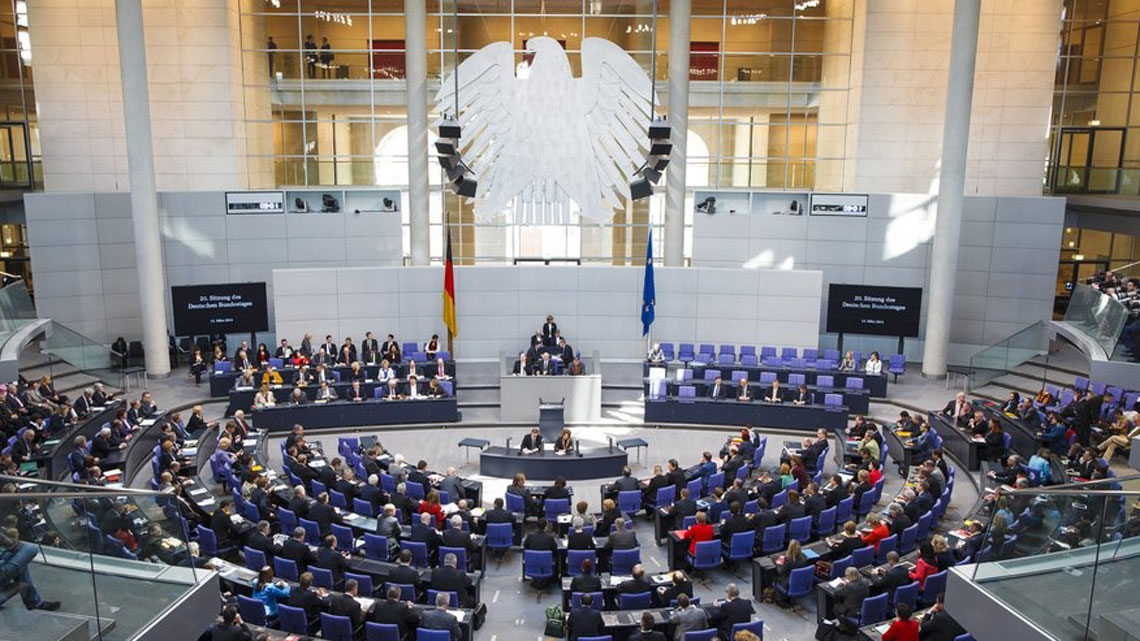Genetic Engineering Act discussed in German Parliament
Certain aspects of the Federal Genetic Engineering Act are to be supplemented to include a ban on cultivating genetically engineered crops. Today the German parliament focused on the draft amendment.

The federal government published a draft amendment to the Genetic Engineering Act to allow for the cultivation of genetically modified agricultural crops to be prohibited in Germany. In particular, the amendment should lead to securing the 'opt-out' Regulation in law. However, amendments are also planned in regard to the research branch of synthetic biology.
The draft amendment 18/10459 is intended to implement the European Parliament's and Council's opt-out Regulation 2015/412 of 11 March 2015, which was introduced to amend Directive 2001/18/EC. The Regulation allows EU member states to decide to prohibit or limit the cultivation of genetically modified organisms (GMOs) at a national level, including those permitted within the EU.
Exceptions for the cultivation of genetically engineered crops
The Regulation provides for future decisions on the cultivation of genetically engineered crops to be made jointly by the federal government and states. The process allows for companies to submit an application for the cultivation of GMOs at EU level; while the application is still being considered, the federal government can request that the company abstain from cultivating such crops in Germany.
Prior to any joint agreements, states must submit their positions on GMO cultivation to the Federal Ministry of Food and Agriculture (BMEL). The federal ministry will inform the respective company of the decision, should a majority of states vote for a ban. If the company objects to the decision, the federal government must limit or prohibit GMO cultivation everywhere in Germany "on the basis of just cause"; otherwise the company would have to respect the ban only in certain parts of Germany.
Grounds for prohibiting cultivation may be on the basis of regional or local matters only, yet must apply equally across the entire federal territory. If a blanket ban has not been imposed in the meantime, the final step will involve states enforcing bans with the aid of regulations based on compelling reasons therefor. Those may include environmental goals such as conserving biodiversity or limiting potential socio-economic effects on small farms, and agricultural goals such as the promotion of ecological farming or seed purity in areas with fields suitable for seed propagation. Town and country planning, land utilisation or the maintenance of public order may also be considered as possible justifications for enforcing the prohibition of GMO cultivation.
Legal basis for monitoring synthetic biology
The draft amendment to the Genetic Engineering Act also features new material on the topic of synthetic biology: for the first time, the body responsible for the scientific monitoring of synthetic biology, the Central Committee on Biological Safety (ZKBS), will have a legal foundation. The ZKBS is an independent committee of the Federal Office for Consumer Protection that provides advice to the federal government and states to aid them in evaluating the safety of genetically engineered organisms and their facilities. For several years now, the organisation has monitored the realm of 'synthetic biology'.
On 2 December, the federal committees scrutinised the draft amendment. It was discussed by the federal council on 16 December.
sk,pg


